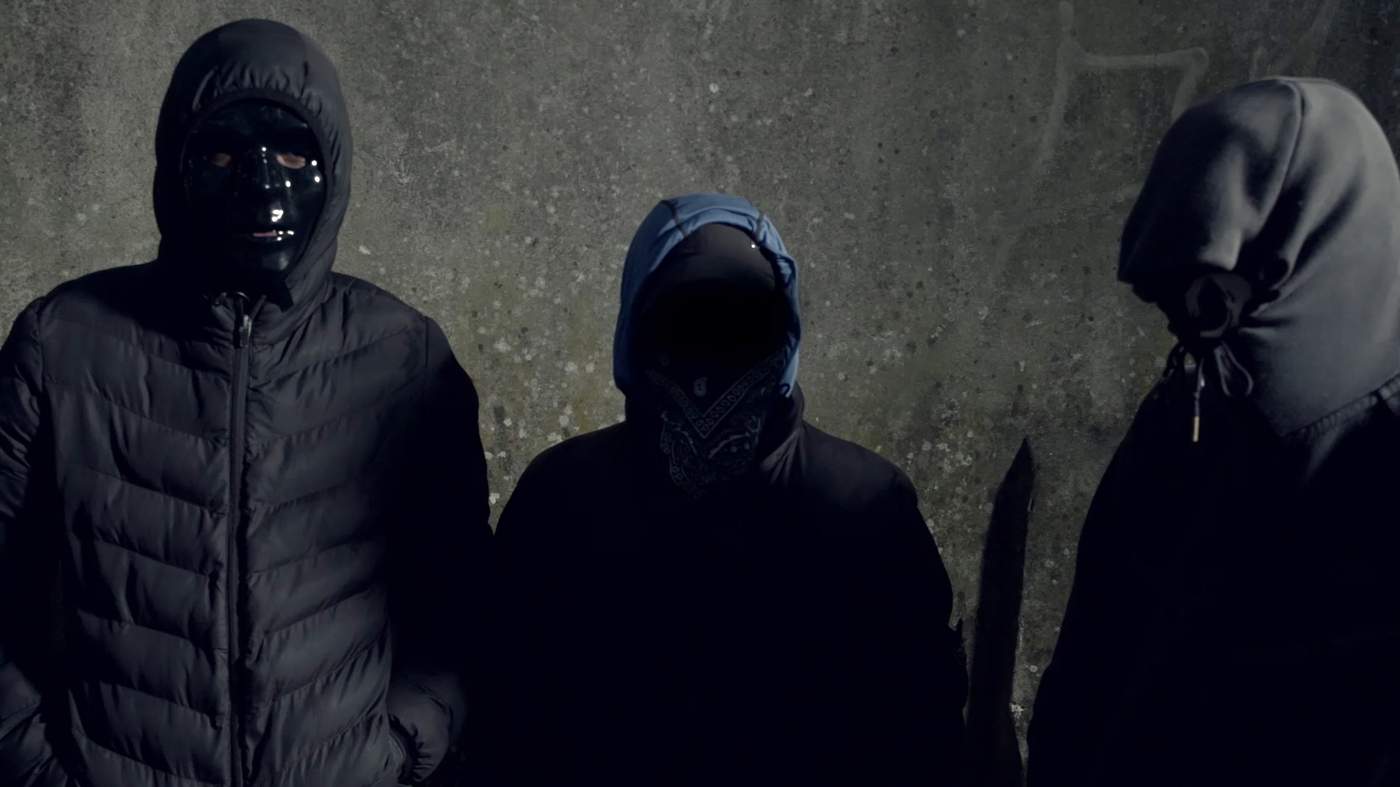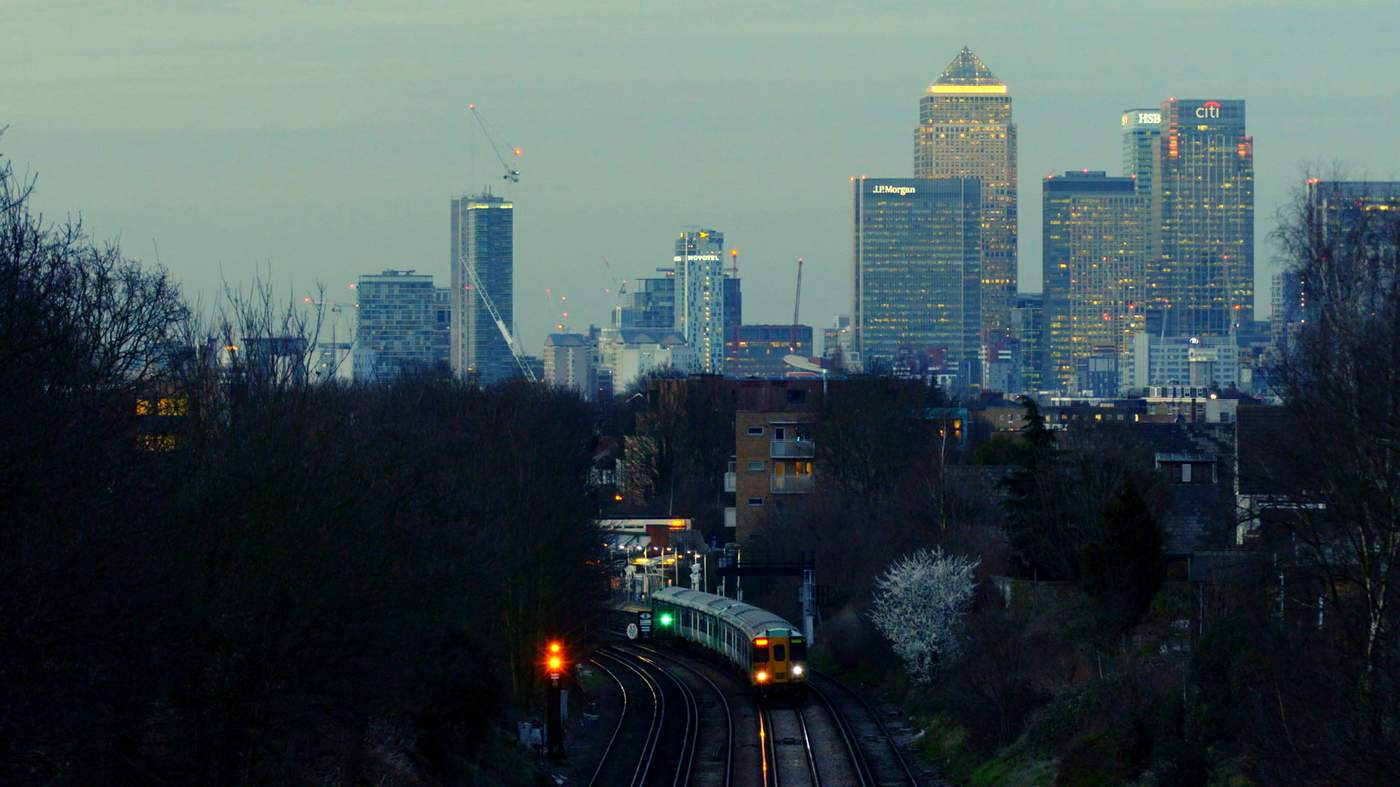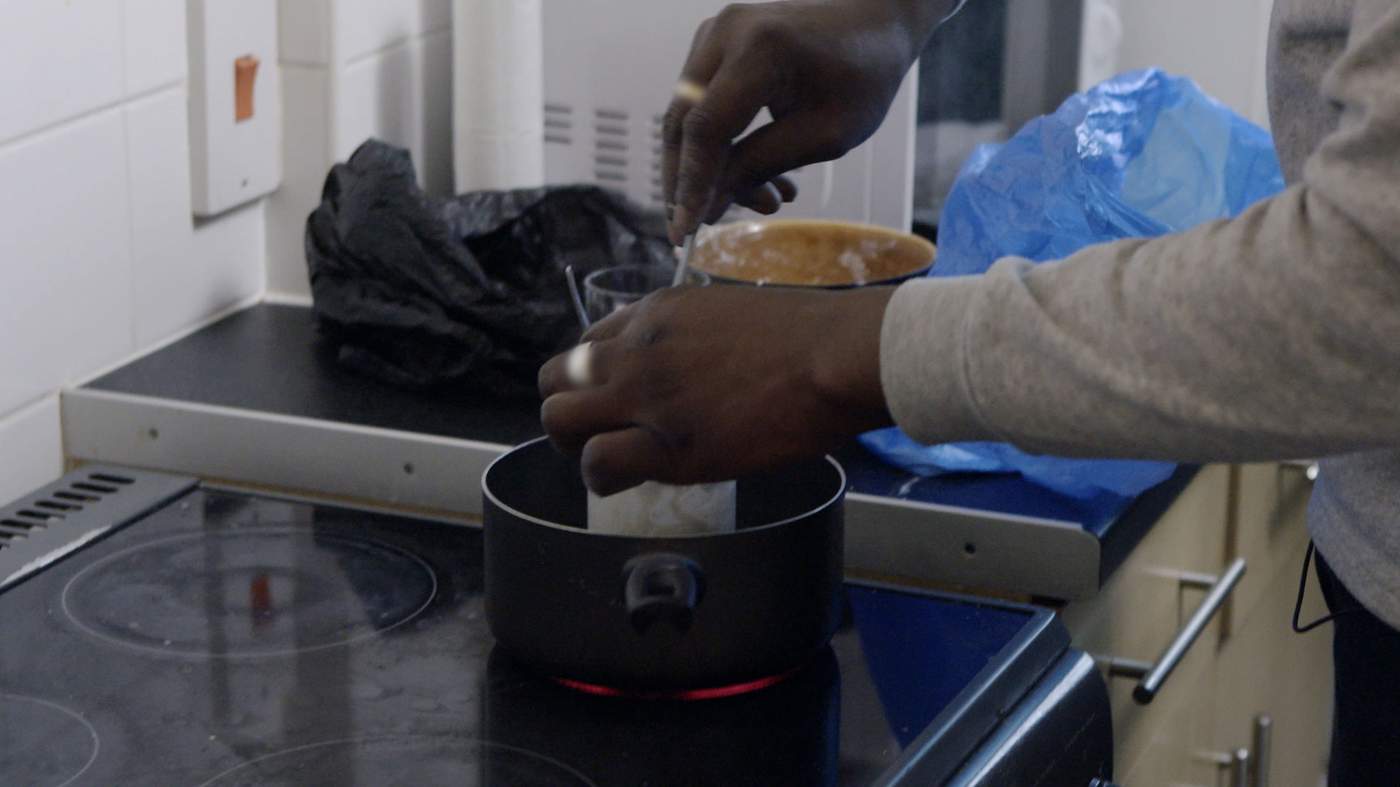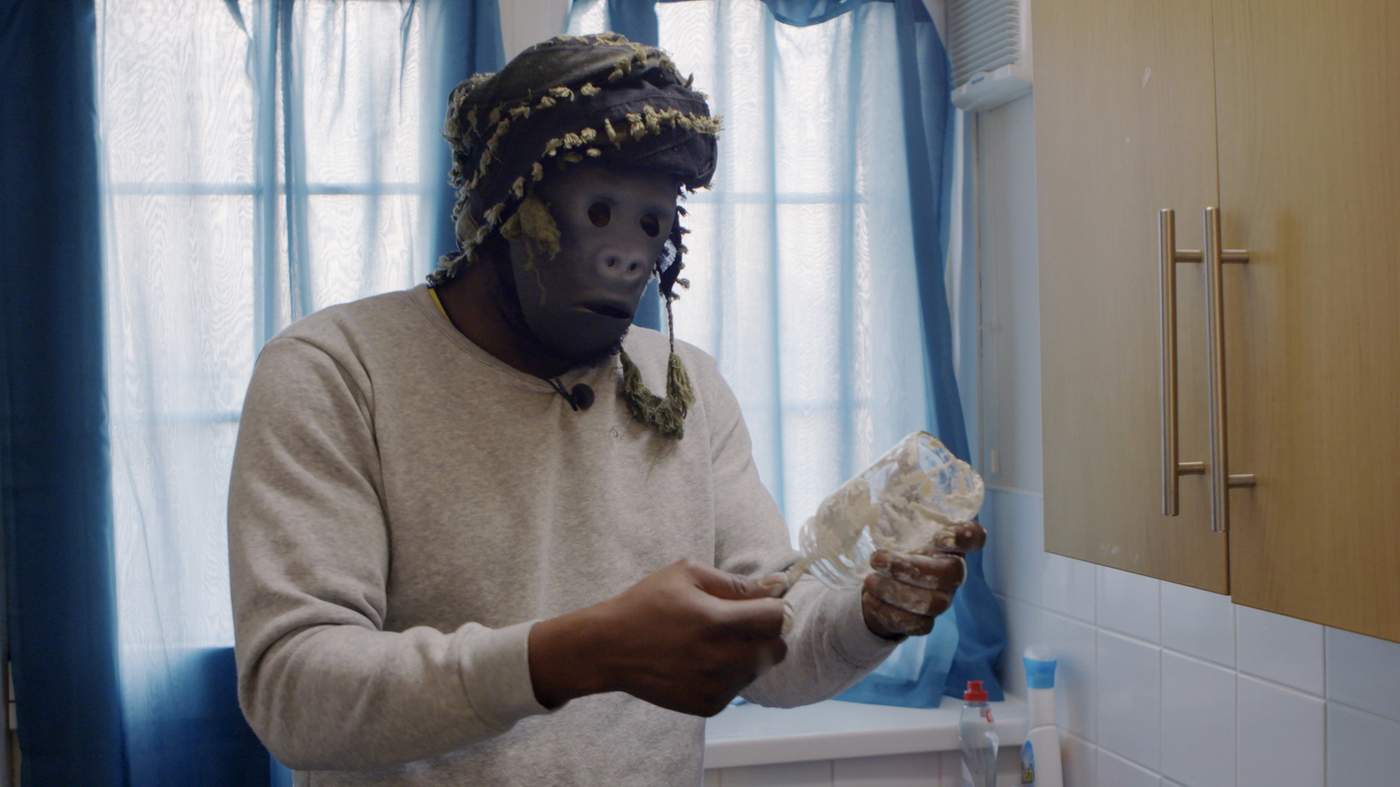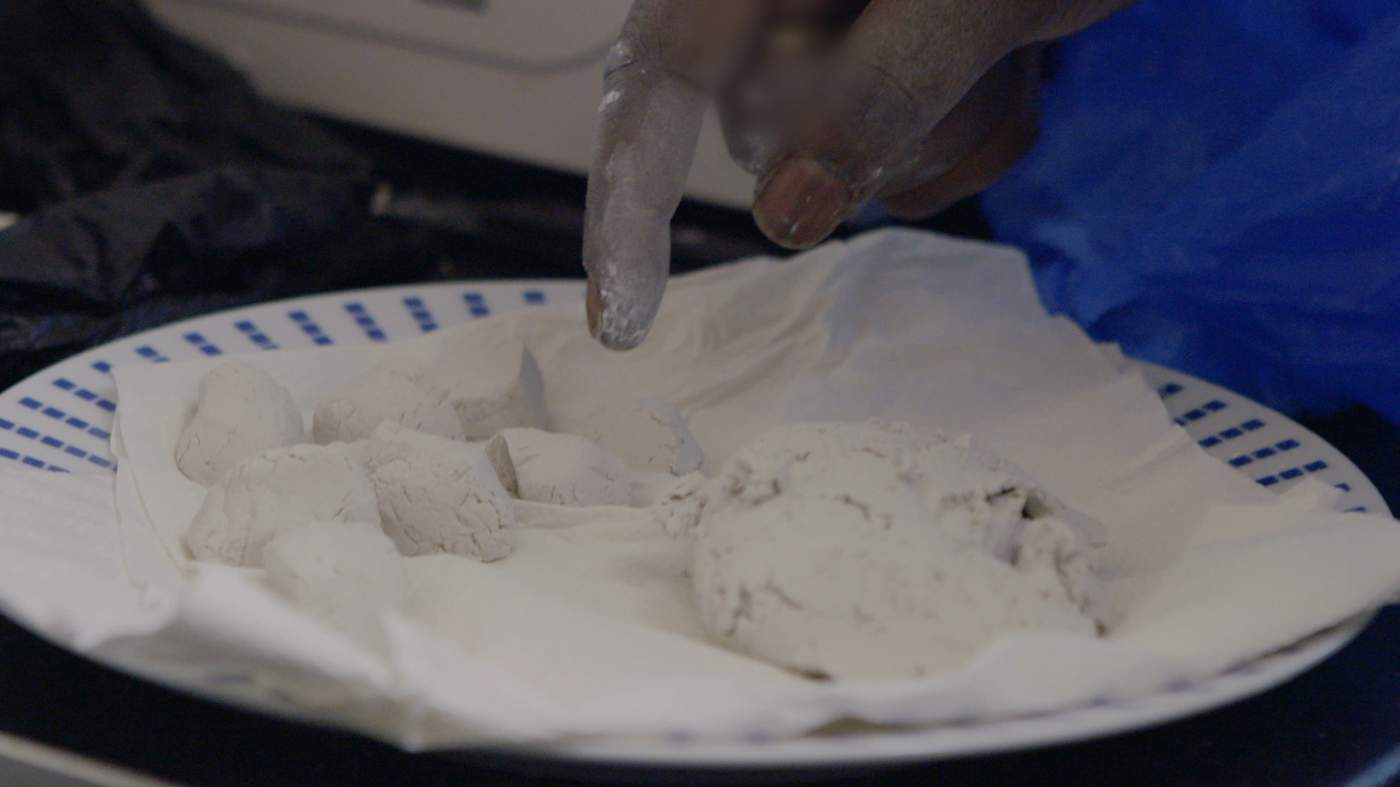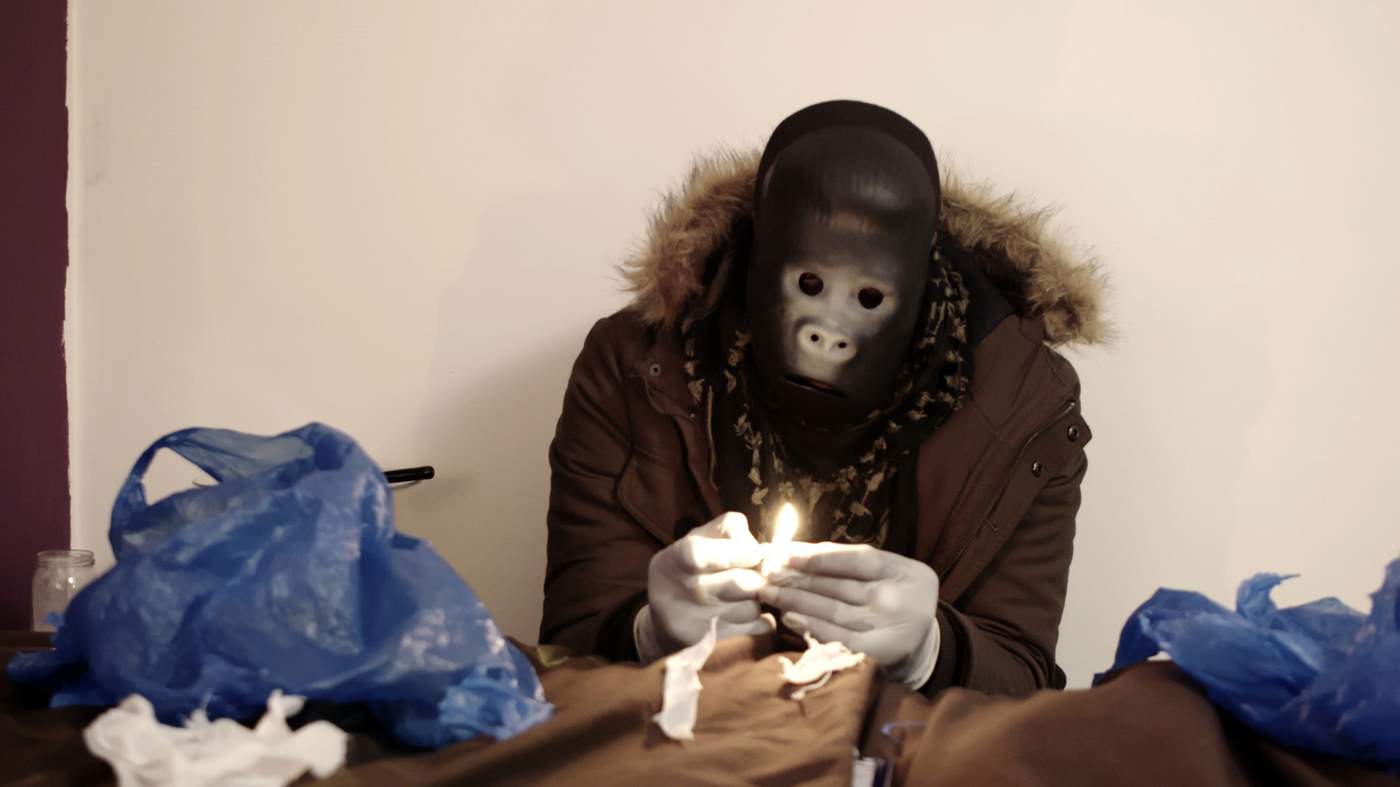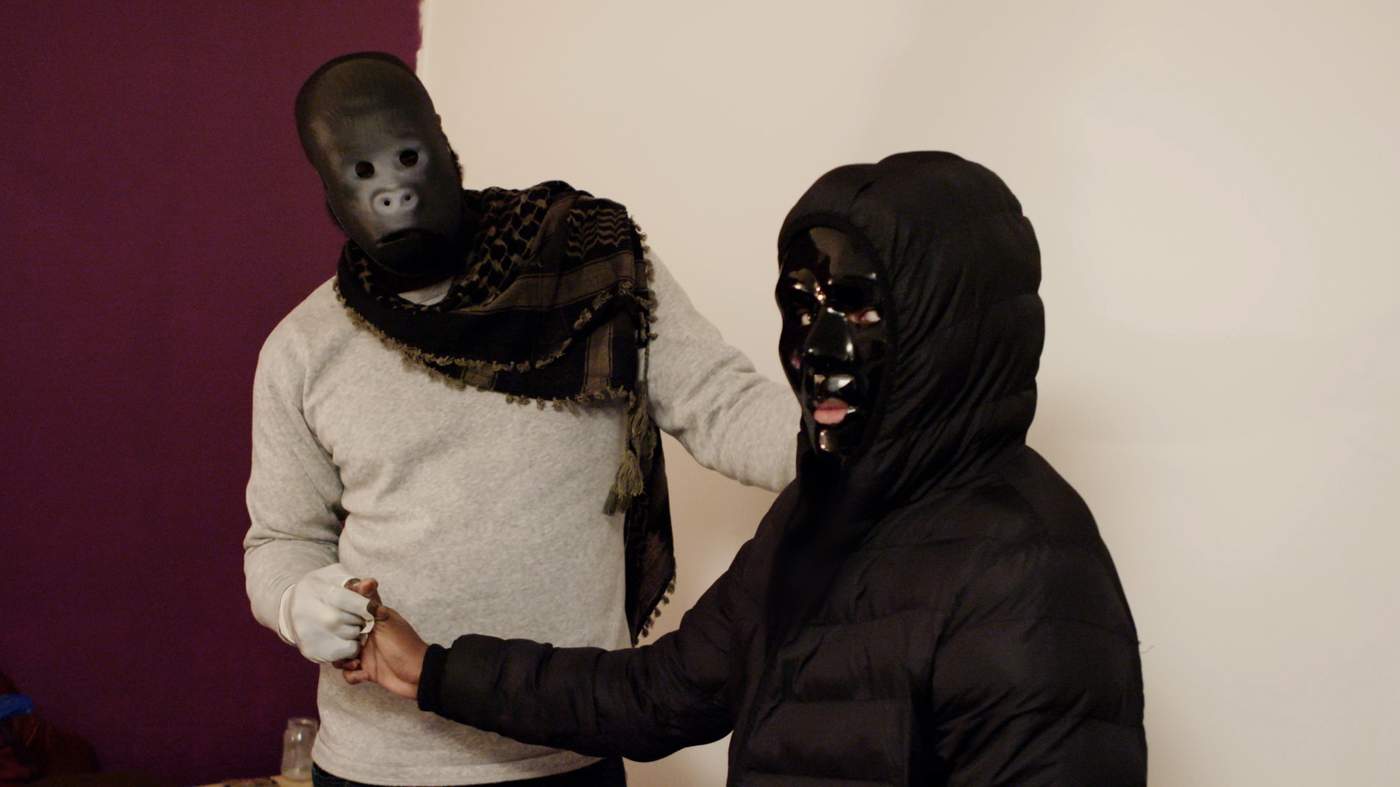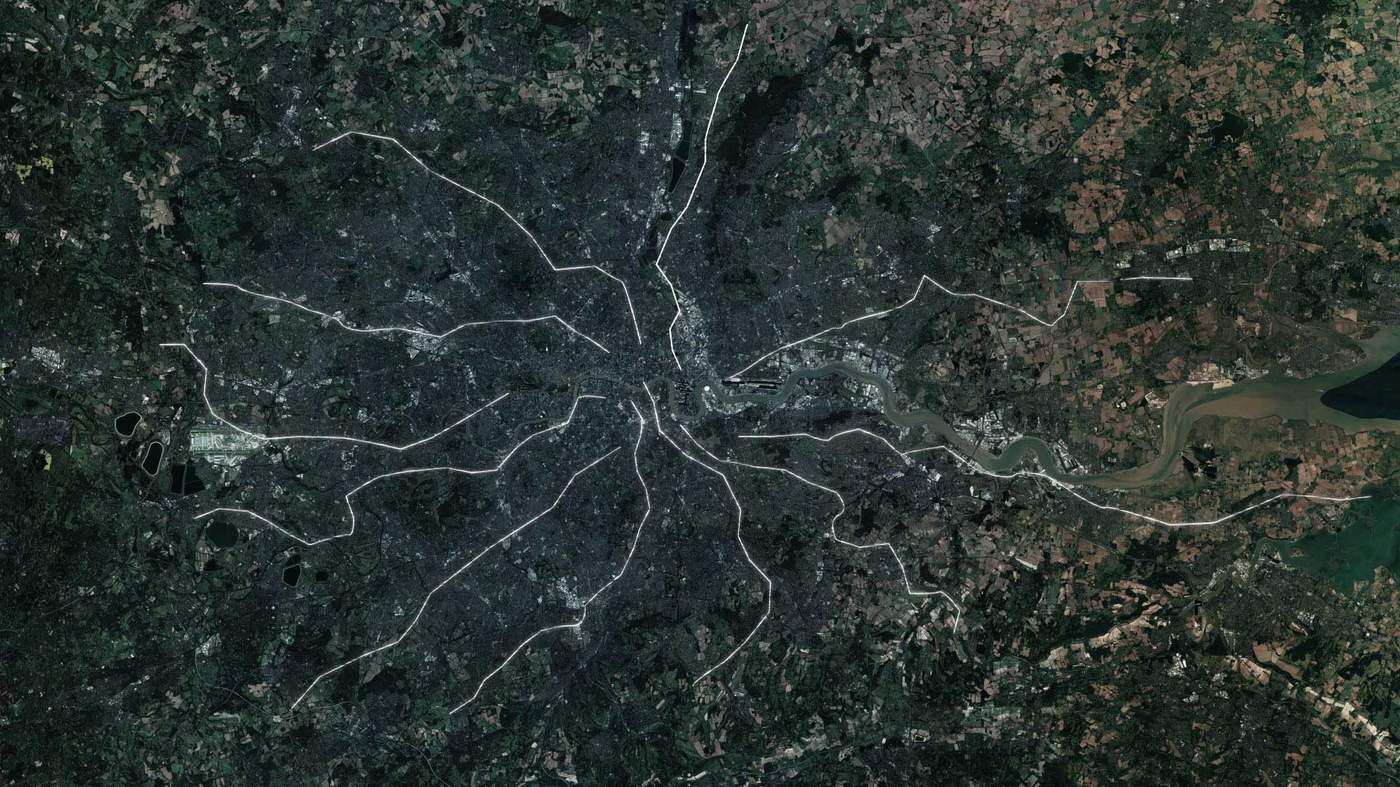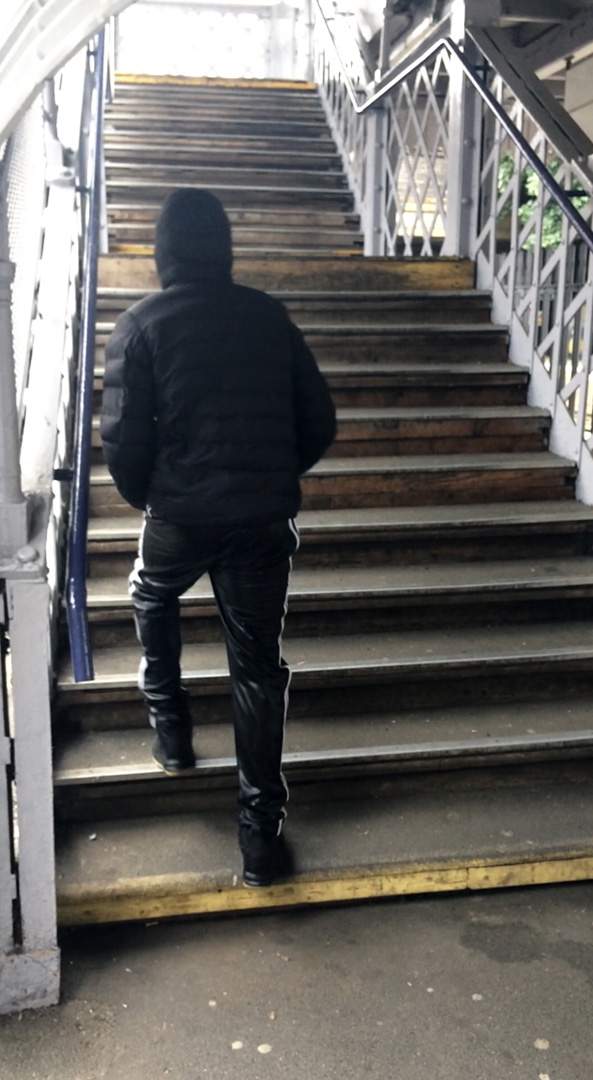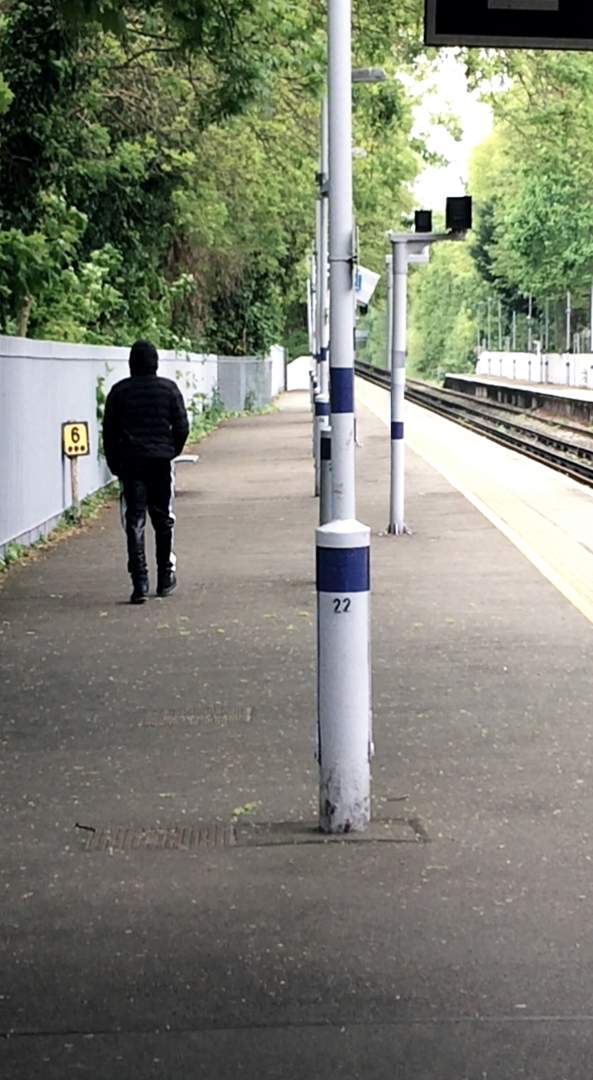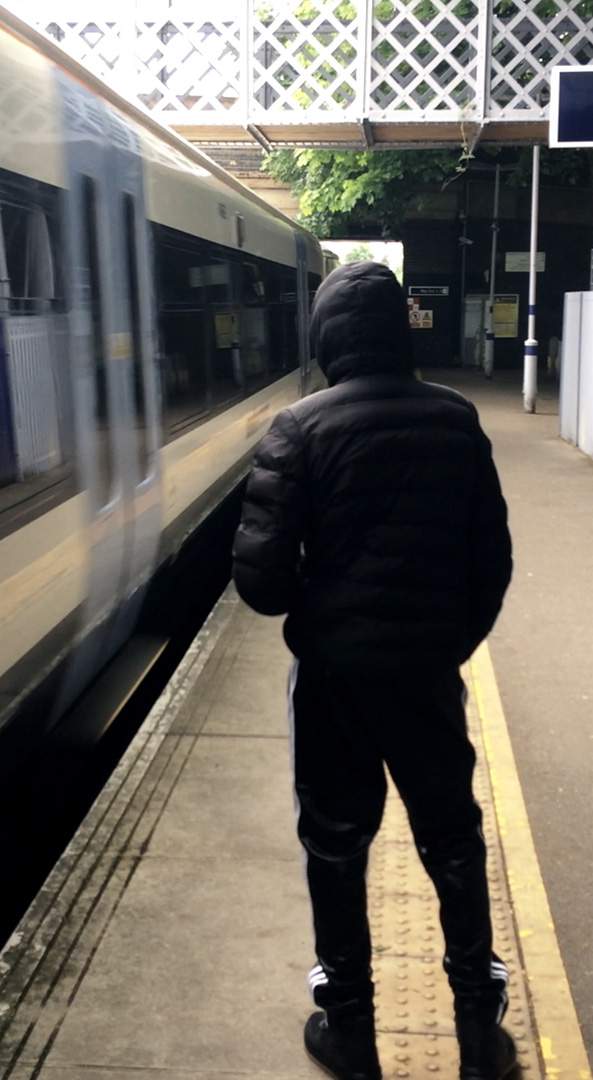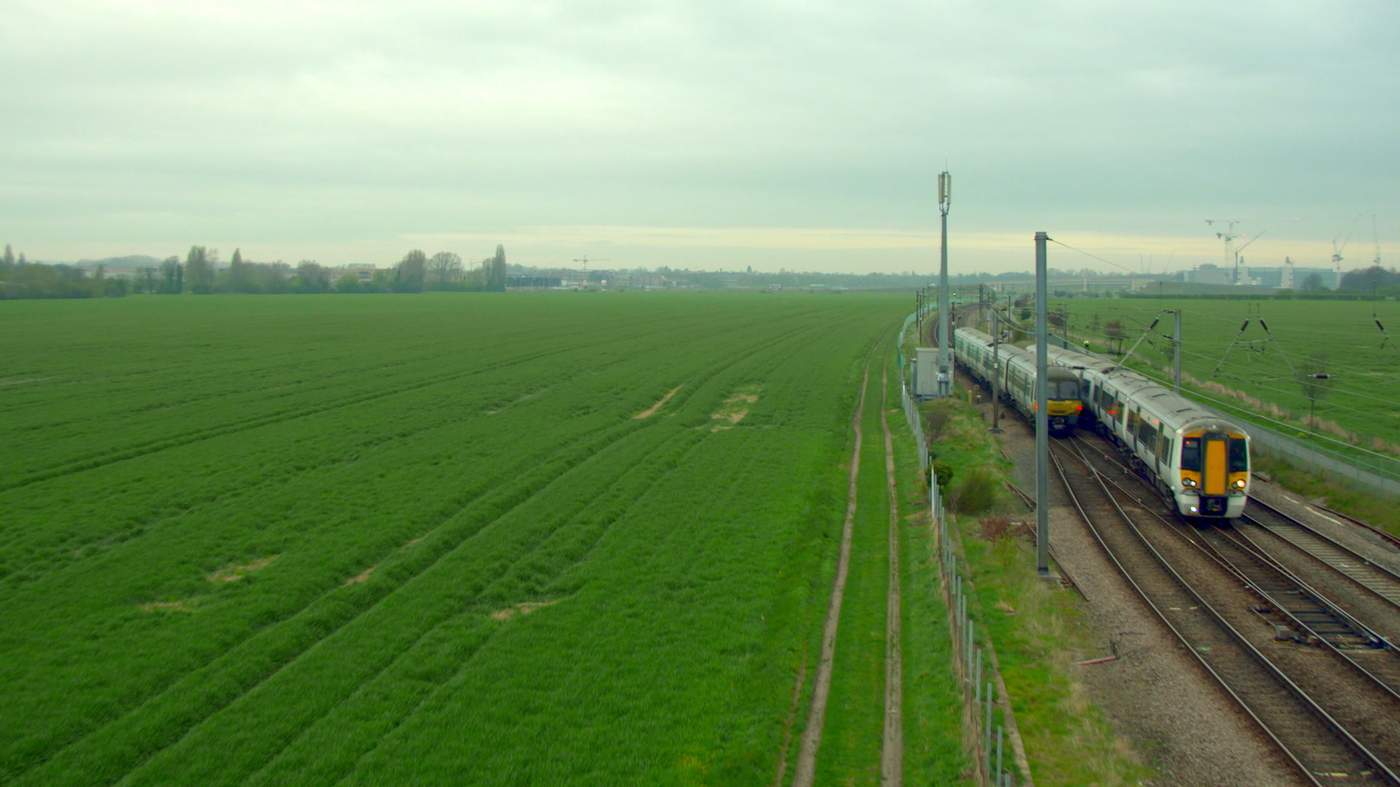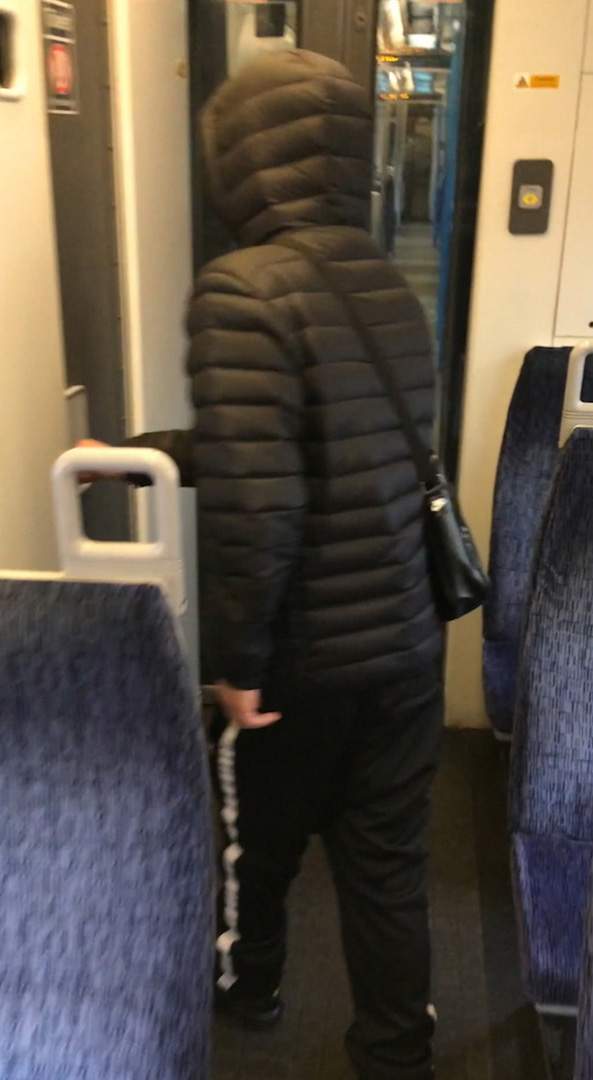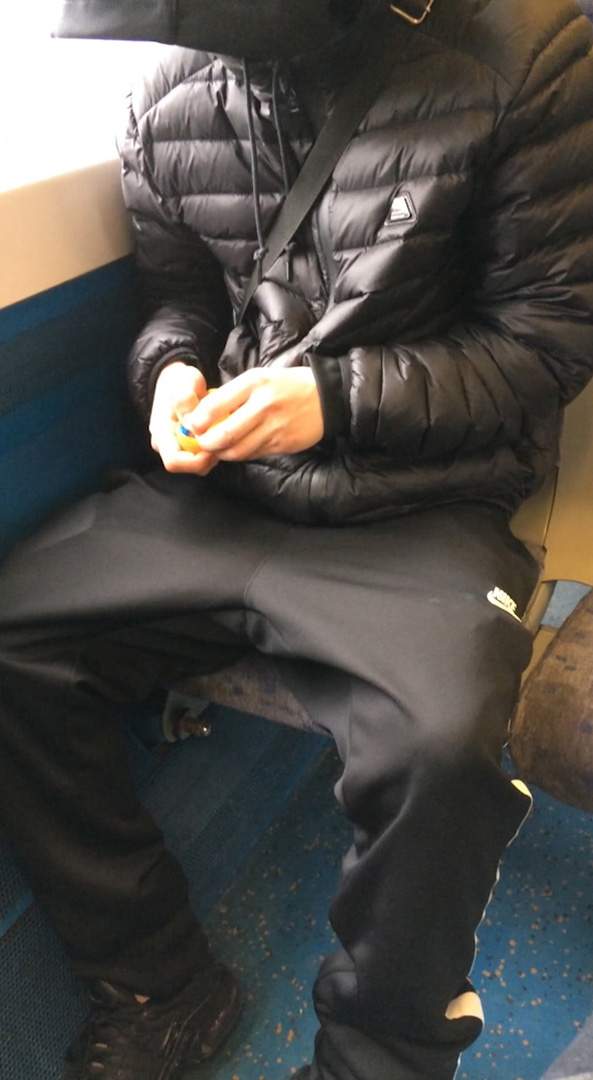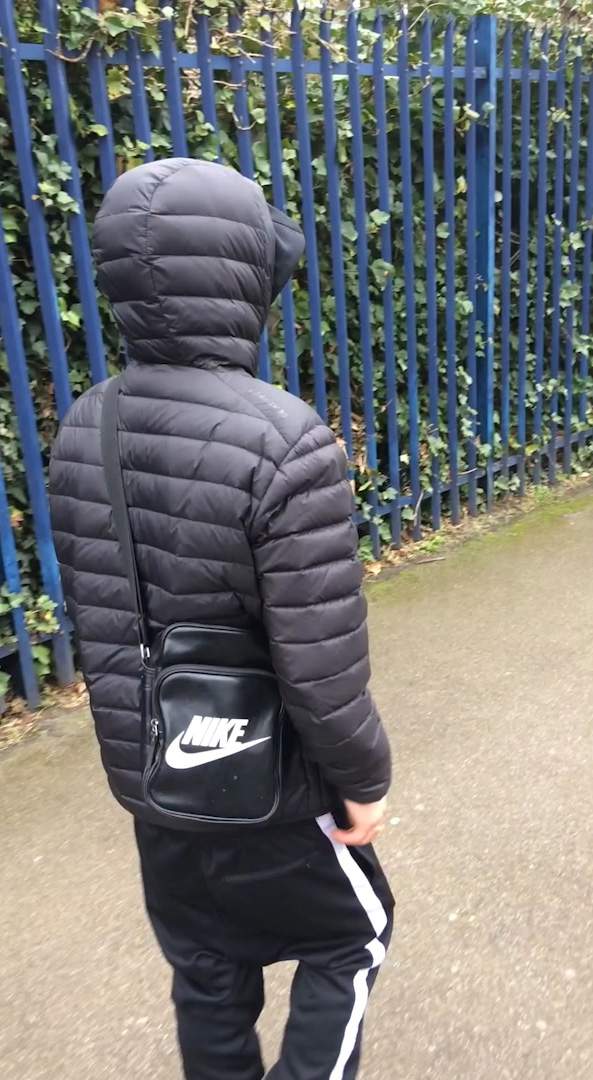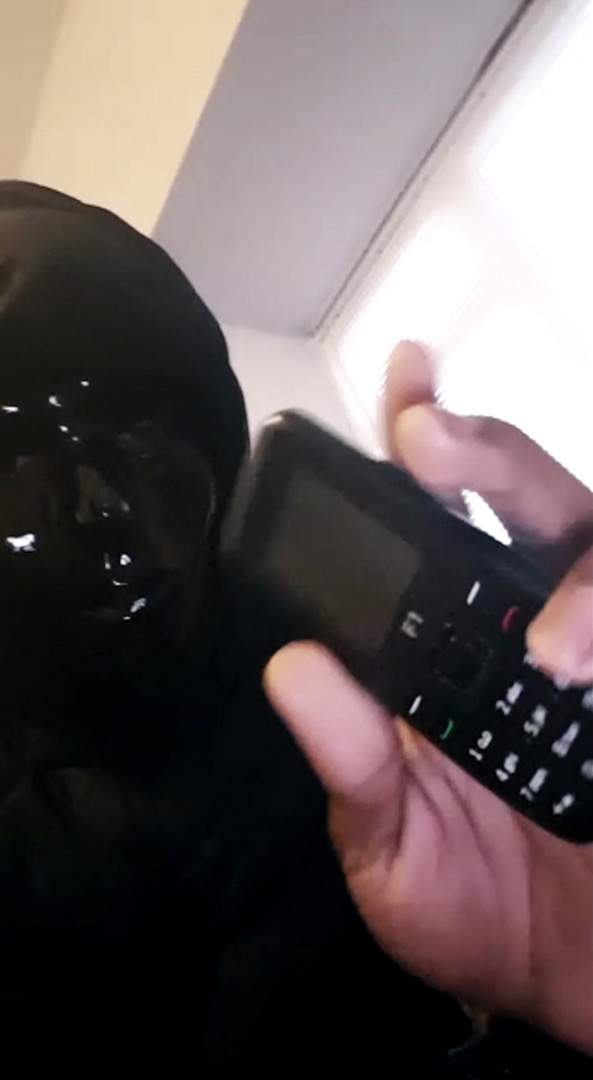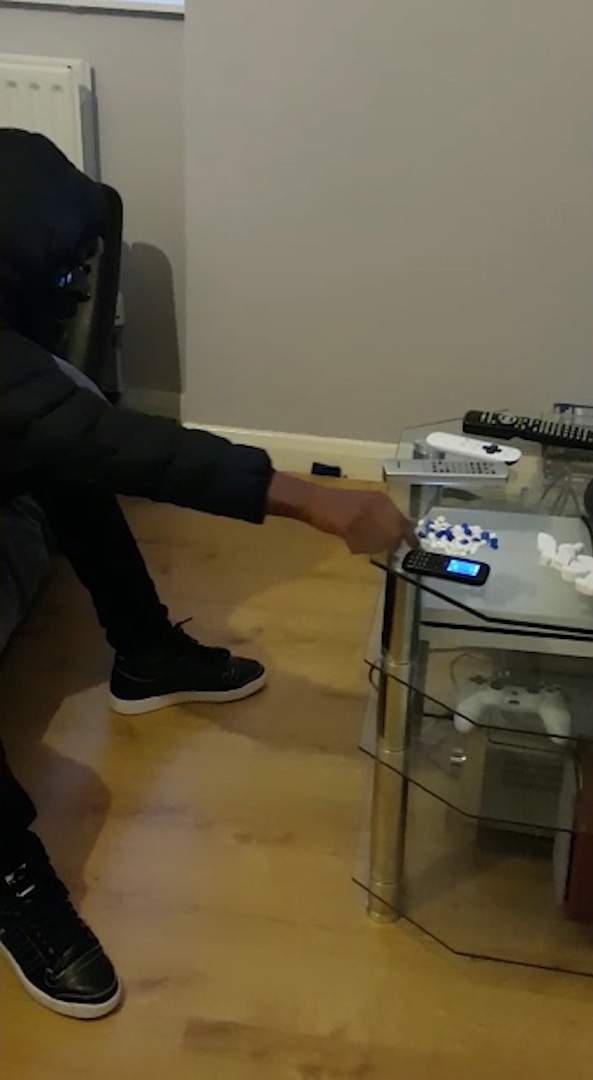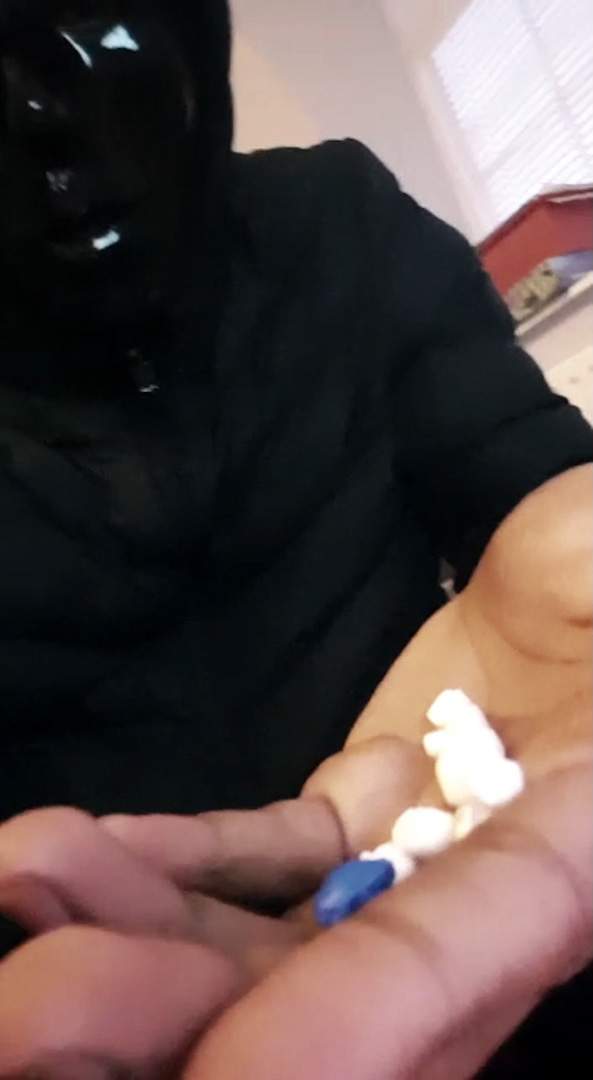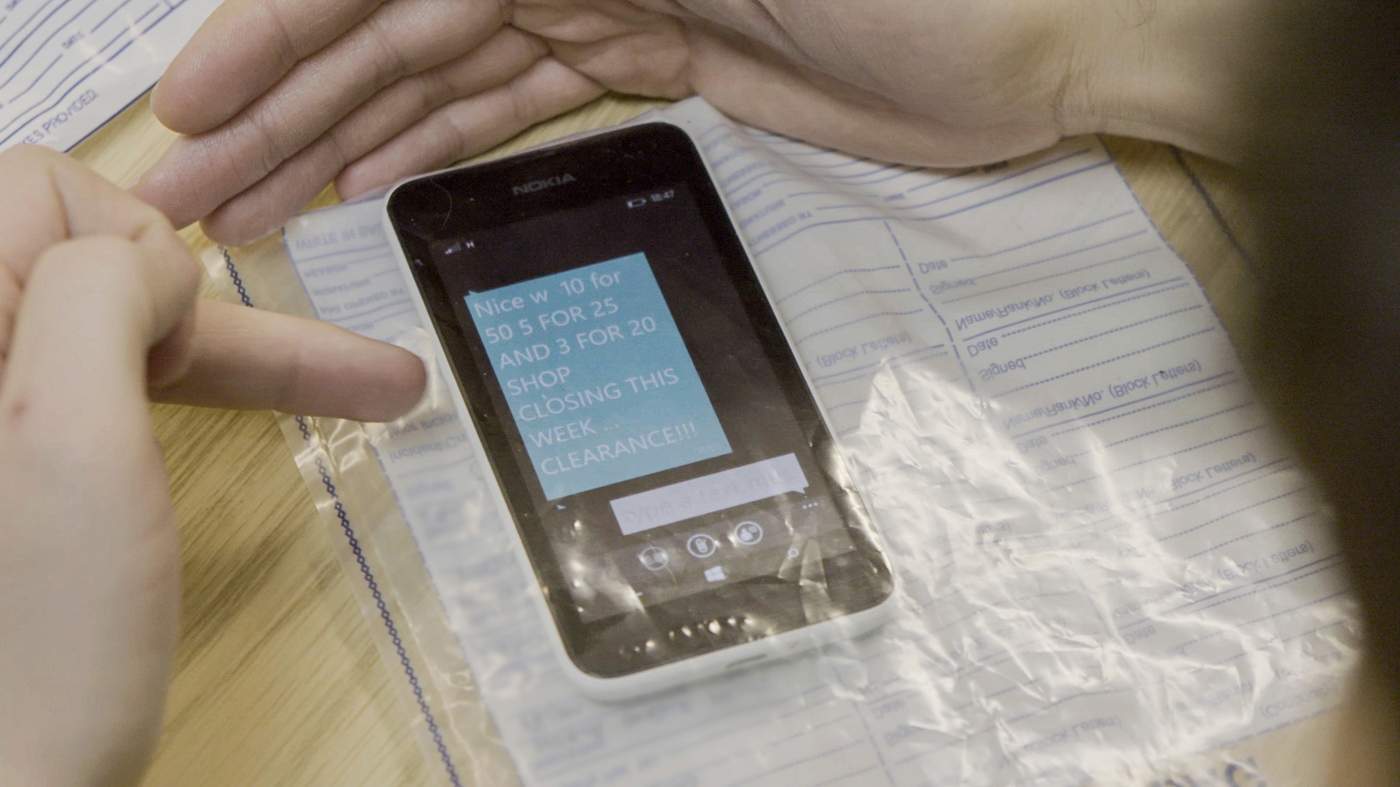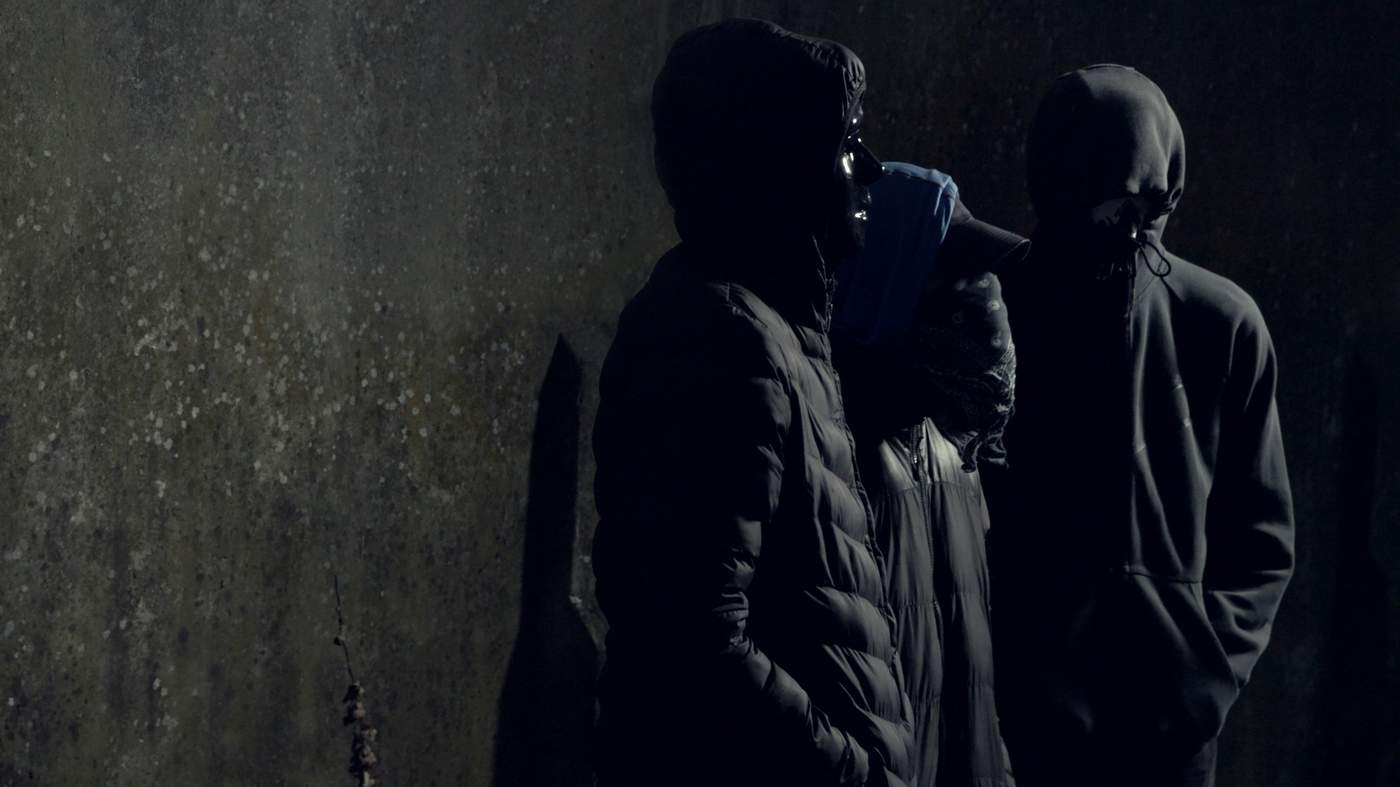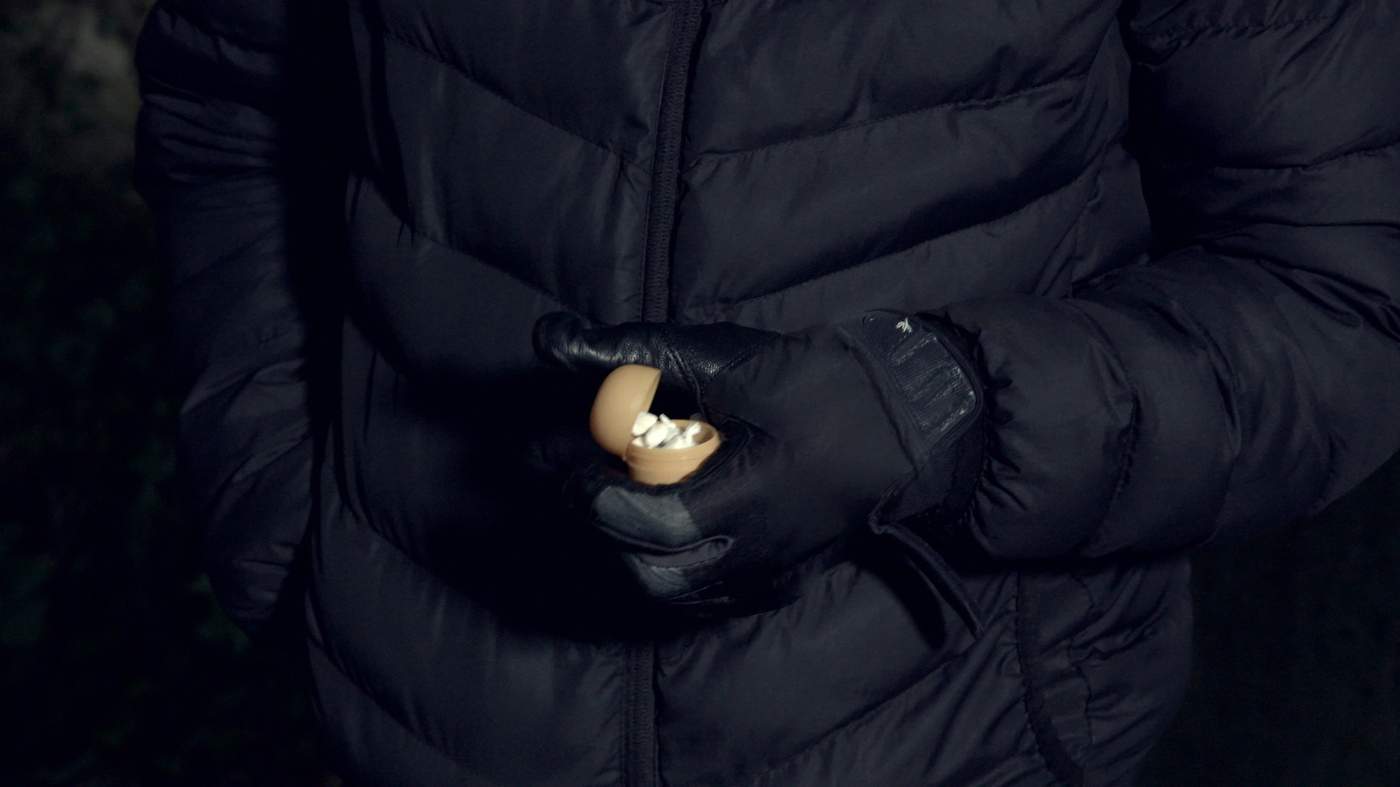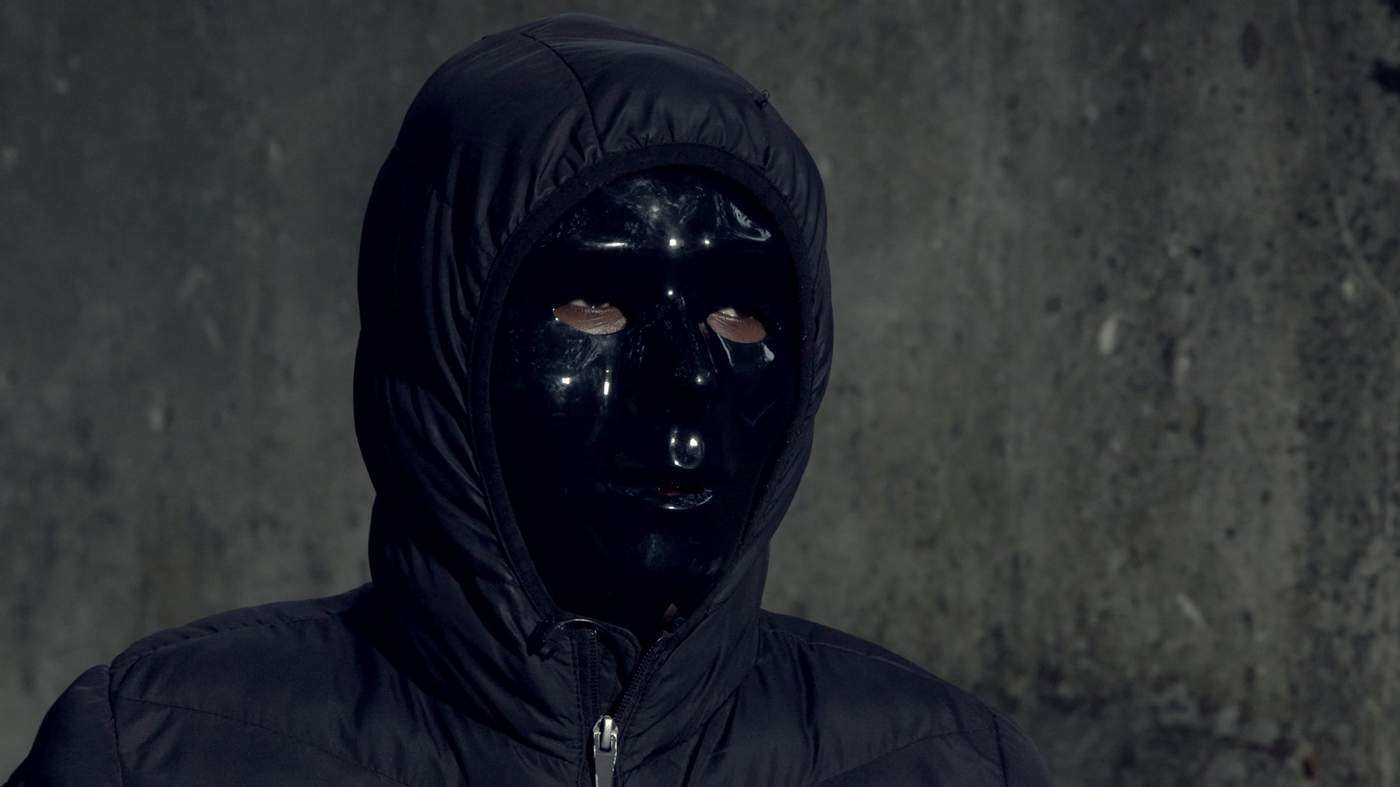
London is getting crowded. For the capital’s drug dealers, it’s a tough market. Gangs compete for shrinking territories while dodging police officers who know their faces and movements well.
But travel outside the capital and it’s a different story.
In the countryside, these gang members are less to the authorities. There are fewer rivals and demand is high. This situation is being exploited by several urban gangs, giving rise to the
Urban gangs are sending junior members to market towns or coastal villages, where they run increasingly sophisticated drug dealing franchises. The gangs recruit local rural children to do the grunt work while senior gang members manage operations from their London headquarters. Put simply, they’re expanding.
Senior gang members don’t choose just anyone to go into the country. They need a workforce that’s easily controlled – so it’s often the youngest members who are put on the train.
Children are known to be transporting and selling drugs for urban gangs.
They can spend weeks at a time in the countryside, returning only when their supply is sold out. Orders from local customers are relayed to them via a dedicated phone line – the so-called ‘country line’ - which is usually manned by higher-ranking gang members back in London.
When an order comes in, the runners go out to deliver it.
Mr A is a senior gang member and cook in London. He’s been producing crack cocaine since he was 15 or 16 years old. “This is the white gold,” he says.
He receives cocaine of up to 95% purity, which he cooks into crack and breaks apart for packaging.
“I got thrown out of school, thrown out of college. Life never looked that bright for me,” he says. “Out on the street, cooking was the next thing that I learned.”
The crack is broken into £10 or £20 chunks and wrapped in plastic. Mr A burns the edges to seal each package.
The wraps are sorted into separate stashes worth £1000 each, known as “g-packs”. These are packed into plastic tubes referred to as “plugs.”
Why? Because, “he'll have to plug that in his arse” says Inky, a London gang member who works with Mr A.
The runners are typically very young, vulnerable teenagers with complicated backgrounds. They’re offered the chance to earn £200-£500 a week – the kind of money that these kids (and sometimes their families) find hard to turn down.
“He’s the successor to the throne,” Mr A says as he introduces SK, a senior runner with his gang.
Now, the drugs are ready for distribution to the countryside.
Up to are believed to be involved in gang activity in the UK. Social services are struggling to tackle the issue and politicians are unable to agree on the best way to combat its underlying causes.
The country lines phenomenon has been flagged by a cross-party initiative of 19 local councils as
“I don’t groom no one,” says Mr A. “No I don’t feel bad for using young people. Society grooms people, just like it groomed me.”
London gangs dominate these rural networks, but there are now , including Manchester, Liverpool, Birmingham and Reading.
Established country line activity was reported by 71% of police forces in England and Wales in a , with a further 12% of forces reporting an emerging picture over the six months to last November.
Once they’re in the country, the runners are on call 24 hours a day.
SK stays out there for as long as his pack of drugs lasts - usually two or three weeks.
“You’re not really allowed to come back,” he says. “It’s just working, working, working.”
The runners are based in a location arranged by senior gang members ahead of their arrival. Often, the gang will have taken over the home of a local drug addict– a practice known as ‘cuckooing’. They may start off by paying them in drugs or cash but sometimes it’s done coercively.
The addict’s immediate circle frequently forms the gang’s first customers. They’ll text what are essentially advertisements to the user’s phone contacts, offering them bulk discounts and limited offers.
Over time, news of a line spreads, helped along by the runners distributing business cards and leaflets through the letterboxes of known drug users.
Gangs earn between £2,000 and £3,000 profit per day, per line, with some gangs operating several lines simultaneously.
A country line can last for years, building up hundreds of customers. In some instances, complete with their customer bases.
Runners get a small cut of the profits. They’ll usually cover their own expenses while in the country, as well as any losses incurred. It’s not unusual for runners to be robbed (or arrested), in which case they’ll be fined the value of the lost drugs. That debt needs paying off, leading to them working for the gangs without pay.
In some cases where a runner owes money, senior gang members can even force that child’s siblings to take on their debt, creating new runners transporting and selling drugs against their will.
to combat country lines dealing under the rationale that the gangs are trafficking children. But no one has yet been prosecuted under these laws for the trafficking of UK children in relation to country lines dealing.
In the meantime, the drug networks continue to expand. SK has now set up his own franchise, with a local gang bulk-buying drugs from him to sell on their own phone line.
“The hardest thing about dealing is not getting robbed, and trying to stay alive,” says SK.
“Right now we’re still here aren’t we?” He points to himself and his new recruits. “One, two, three - live in the flesh. As far as I can see, everyone of us here right now is loving this life. There’s no turning back.”
The country line is never closed. Once a runner’s stash is sold, a second runner will be sent to take over, allowing the first runner to go home and restock.
“He’ll come back, reload, have a bath, then same again,” says Inky.
�鶹������ҳ��� Three's documentary is on iPlayer.

